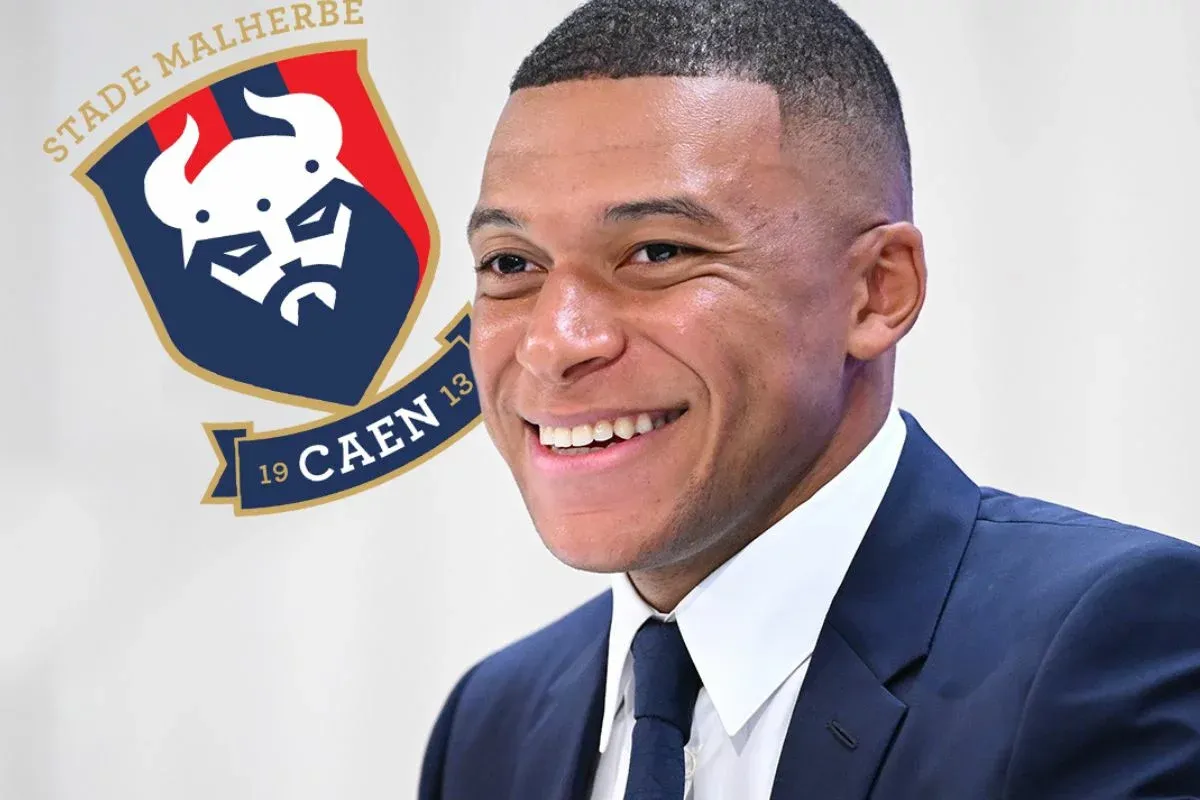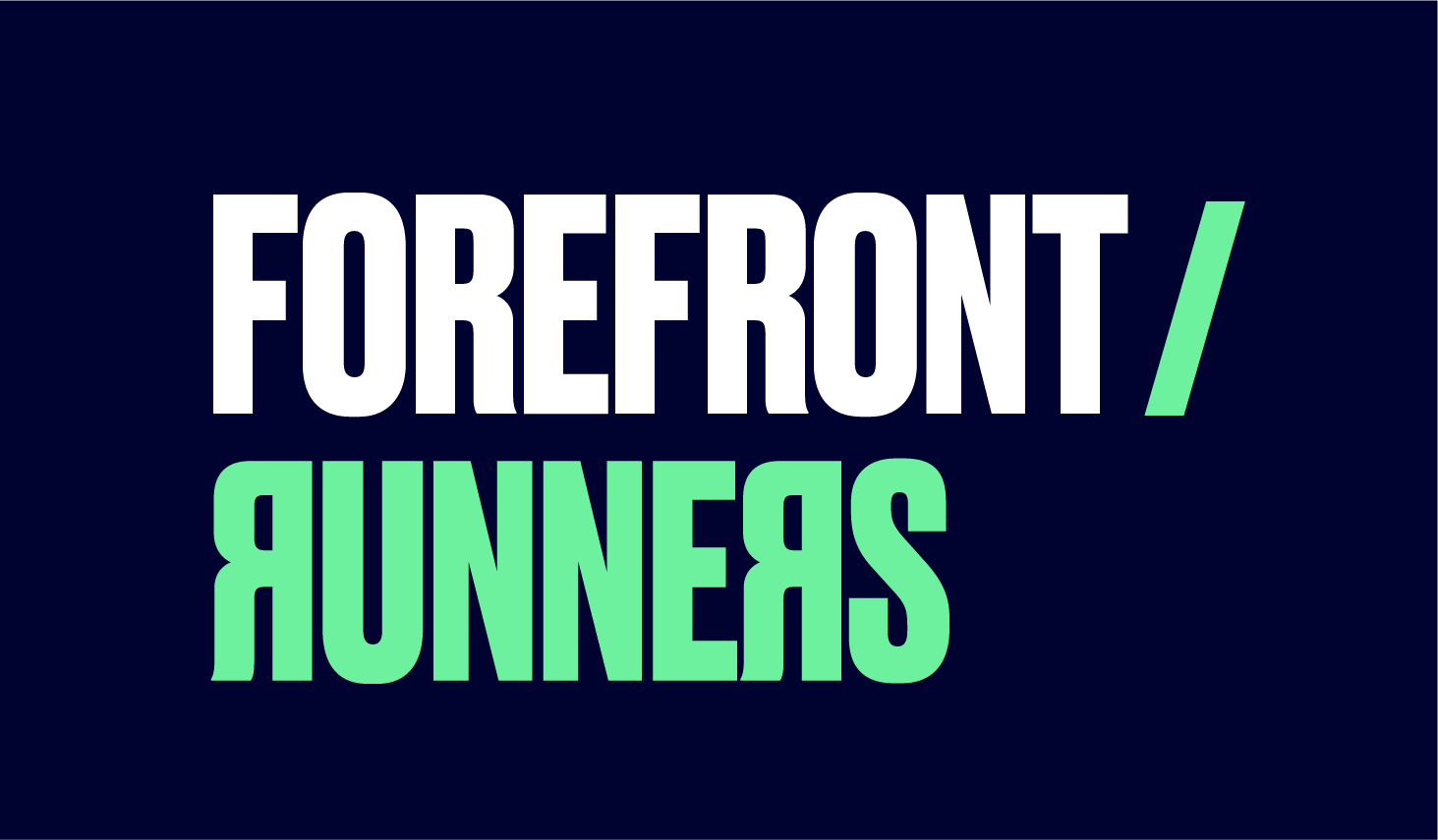Why Are Footballers Investing in Clubs? Unpacking the Trend.

In recent years, we've seen a fascinating shift in the investment strategies of elite footballers. No longer content with traditional avenues like real estate or endorsement deals, a growing number are turning their attention to acquiring football clubs.
This trend, exemplified by Kylian Mbappé’s purchase of an 80% stake in Stade Malherbe Caen (SM Caen), begs the question: why are footballers investing in clubs?
A New Era of Post-Career Planning
Historically, retired footballers often dabbled in ventures like restaurants or bars as a way to sustain their lifestyles after their playing days were over. But today’s top players are earning significantly more during their careers, giving them the financial firepower to think bigger. Owning a football club isn't just about financial returns; it's about legacy, influence, and staying connected to the sport they love.
For instance, David Beckham’s ownership of Inter Miami in the MLS or Ronaldo’s stakes in Real Valladolid and Cruzeiro highlight this trend. These investments are less about instant profit and more about long-term influence in the sport and securing a foothold in the lucrative sports entertainment industry. With football becoming a global business, owning a club offers access to new revenue streams, from broadcasting rights to merchandising.
The Mbappé Effect: Ambition Beyond the Pitch
Kylian Mbappé’s acquisition of SM Caen is particularly intriguing because it breaks the mold. At just 25, while still at the peak of his playing career, he’s diving into the complex world of football management. This move reflects not only his ambition but also his understanding of the importance of building a post-football career early. Unlike many of his peers, who wait until retirement to explore such ventures, Mbappé is leveraging his current influence and wealth to set the stage for his future.
This investment is not just about money — it's about legacy. By owning a club, Mbappé positions himself to shape the future of football from the boardroom, influencing the next generation of players and perhaps even the direction of the sport itself. This aligns with his broader business acumen, which has been evident since early in his career, including his ventures in real estate and his branding company, KEWJF.
The Financial Paradox: Investing in an Unprofitable Sector
On the surface, investing in football clubs seems financially risky. Many clubs, including SM Caen, operate at a loss. Yet, despite these deficits, the football industry as a whole remains attractive due to its cultural significance and potential for long-term capital gains. The value of football clubs has been on the rise globally, driven by the commercial rights tied to the sport's immense popularity.
Mbappé’s strategy likely involves more than just balancing the books at SM Caen. By improving the club’s financial health and potentially leading it to promotion to Ligue 1, he could significantly increase its value, making it a prime asset for a future sale. This approach mirrors what investment groups have done with clubs like PSG, which was sold for a significant profit after its fortunes were turned around.
Strategic Choices: Why SM Caen?
Mbappé’s choice of SM Caen is also noteworthy. It’s a club with a loyal fan base, a strong community presence, and a stadium that offers room for growth. Its proximity to Paris might also appeal to Mbappé, making it easier to manage alongside his other ventures. Additionally, with experienced partners like Pierre-Antoine Capton and Ziad Hammoud on board, Mbappé has surrounded himself with a team that can help navigate the complexities of football club management.
A Safety Net and a Vision for the Future
Finally, investing in a football club also serves as a form of security. Despite his current status as one of the world’s best players, Mbappé is acutely aware of the unpredictability of a football career. A serious injury could end his playing days prematurely, but his stake in SM Caen ensures he has a foothold in the sport beyond his physical capabilities.
In conclusion, footballers investing in clubs represent a blend of passion, business acumen, and strategic foresight. For players like Mbappé, it’s about creating a lasting impact on the sport while securing their financial future. This trend is likely to continue as more players recognize the unique opportunities that club ownership offers in the modern football landscape.
